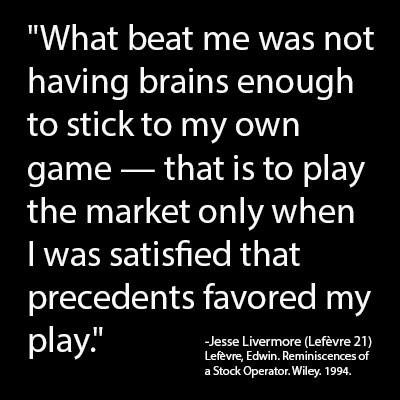something to remember as you hear this idiocy about China being the most powerful country on earth…
 China is still a poor country. Notwithstanding the complexities of measurement, income per head, according to the World Bank, is roughly $3,000, a little less than Jordan and Tunisia.
China is still a poor country. Notwithstanding the complexities of measurement, income per head, according to the World Bank, is roughly $3,000, a little less than Jordan and Tunisia.
In the extreme scenario in which US income per head remains the same forever more, and China’s income per head grows by a constant 8 per cent a year, convergence would happen in 2045. But this is silly maths.
The US will not stand still and China’s economic path is likely to be punctured sooner or later by a credit or asset crisis.
Further, it cannot grow by 8 per cent a year for that much longer, not least for demographic reasons. China is the fastest-ageing nation on Earth, with an age structure rather like that of Germany.
Its labour force will begin to decline in 2010 or so and fall every year for the foreseeable future. For a while, the transfer of the 80 million rural migrant pool to higher-productivity urban jobs will mask much of this impact, but only for a few years. (more…)




 China is still a poor country. Notwithstanding the complexities of measurement, income per head, according to the World Bank, is roughly $3,000, a little less than Jordan and Tunisia.
China is still a poor country. Notwithstanding the complexities of measurement, income per head, according to the World Bank, is roughly $3,000, a little less than Jordan and Tunisia.